Interview with Visiting Faculty- 5
An Interview with Dr. Tina Kao, Visiting Researcher
The fifth person we had the pleasure of interviewing this year (2014) was Dr. Tina Kao from the Australian National University (ANU). Her main research areas are Industrial Organization and Health Economics. The Center for Economics Institutions had the honor of interviewing our first lady researcher!
Gorwing Up in an Island
Q. You are a New Zealand citizen working and living in Australia. Where were you born and how did you spend your childhood days? Also, did you have hobbies then?
I was born in a little island called Penghu (澎湖) in Taiwan. How I spent my childhood days? Just like any other child, I suppose. I finished my high school there and moved to Taipei for university education. I have always loved reading, from fiction novels to history to poetry.
Q: What do you remember the most out of your teenager days?
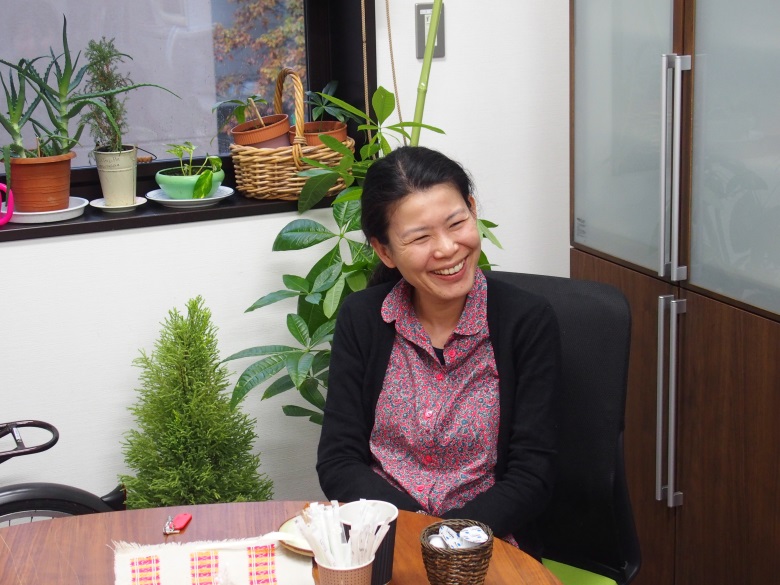
The education system in Taiwan was like Japan now, so the entrance exam for the university was a big deal. But apart from studying, I had many good friends who remain close to me till today. So I actually had a very good time in high school. I suppose being in a small town is good in that way. We did not face as much pressure for the exam.
Q. How many languages do you speak and are you learning any now?
I speak two languages, Mandarin and English. Counting the dialect, then I speak some Hokkien, too.
No, I’m not learning any new language now. I should be learning Japanese! In fact, I studied Japanese for a year in undergraduate. But I don’t remember a thing! I get around ok so far. Compared with the first time I was here, getting around in English has become a lot easier.
Q: In University, why did you decide to take economics as your major?
As mentioned before, the university entrance was determined by entrance exam in Taiwan. Given my scores, the closest fits were law or economics amongst others. I didn’t particularly want to do law, so I chose economics.
A Sudden Change in the Environment
Q. When did you first think about becoming a researcher?
After I finished my undergraduate, we moved to New Zealand. I decided to enroll for the masters programme in Economics in University of Auckland. I was offered a scholarship to do masters, and after masters, I got offered a scholarship to do a Ph.D. I accepted it and did my Ph.D.
Q. Wow, what a success story! So what made you immigrate to New Zealand in the first place?
That’s a very interesting question. You’ll have to ask my parents about that. They decided to immigrate to New Zealand without ever being there before! My little sister and I went with my parents, and my older sister came a few years later.
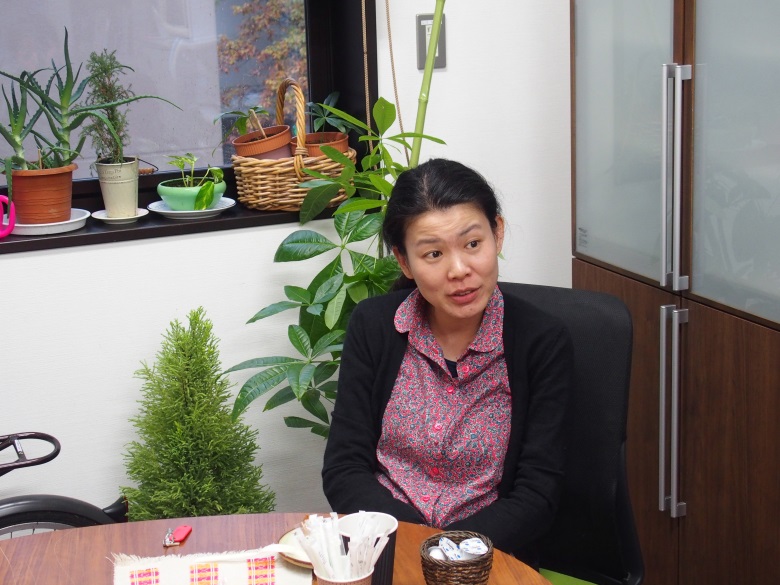
Q. Did you like your parents’ decision?
Perhaps not at first, but I get to love New Zealand. It is a great country. I still visit New Zealand whenever I have a chance.
Q. So how many times have you visited Japan? And which part of Japan do you like the most?
This is my sixth time, starting from around 2005 or 2006. Prof. Reiko Aoki was my supervisor at the University of Auckland. I have been visiting Japan to work with her.
Given that I lived in Taipei before, I am quite used to big cities. The part of Japan I appreciate the most is perhaps how Japan managed to keep some tradition even in the busy city. Living in Tokyo is great. There is so much to see and do with all the convenience of a big city. The food is amazing too.
I travelled a bit outside of Tokyo as well. I tend to like traditional cites with old houses and streets. For example, I like Kyoto and Nikko very much.
Economics Should Aim to Solve Problems and Answer Questions
Q. Kindly share briefly about some of your current research.
I work in industrial organization (IO) in general, and I also do some work in health economics. In IO, I work on a few different areas. Starting with my PhD, I have always been interested in innovation. For example, issues like patent, technology licensing, and intellectual property rights. I’m working on a paper with Reiko Aoki sensei on international intellectual property rights during this trip.
My first academic job was with a regulatory centre in ANU. Since then, I developed interests in competition policy and regulation. I have worked on merger analysis and access pricing problem for regulated monopolists. For merger analysis, we look at product differentiation and multi-product firms and investigate how the standard result on merger profitability can be modified. For access pricing, we show how the optimal access price should vary according to the competitive intensity in the downstream market when the access provider also competes in the downstream market. Other work in theoretical IO that I work on include problems on customization and strategic choice variable in oligopoly competition.
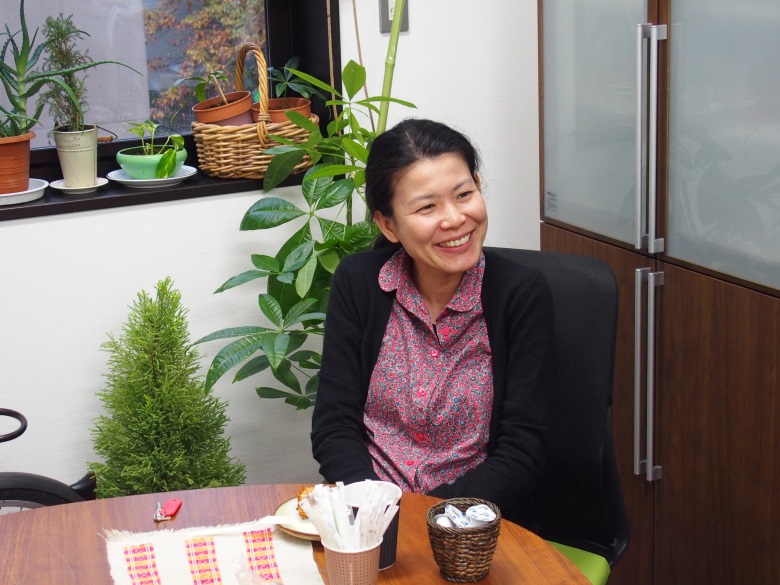
For health economics, I work on medical liability system with my co-author now. We showcase the liability system in New Zealand. New Zealand's medical liability system is the so-called no-fault system in which negligence of the doctor does not have to been proven in order for the victims of malpractice accidents to receive compensation. In particular, the compensation to the patients and the punishment to the doctor are not related. We show that under some conditions, this no-fault system can out-perform the standard third-party liability system.
Q. What is it about the New Zealand medical liability system do you love?
The New Zealand medical liability system is the so-called “no-fault” liability system, where the patients get compensated by a national insurance scheme, instead of suing the doctor in the case of malpractice accidents. We argue that medical malpractice liability is very different from other liabilities. The standard argument for the injurer to compensate the victims of accidents is that this internalizes externality and incentivizes the injurer to take sufficient care. We argue that this reasoning cannot be directly applied to medical malpractice liability. With medical services, the patient and the doctor typically do not pay the full price for preventive medication. The medical expenditure is partially paid by health insurance companies. Given this, the doctor may already have too much incentive to prescribe medication. This incentive coupled with malpractice liability pressure may result in too high levels of preventive medication. All else given, this suggests that the patients face high medical expenditure in the standard third liability system. Under some conditions, the patients may be better off in a no-fault system.
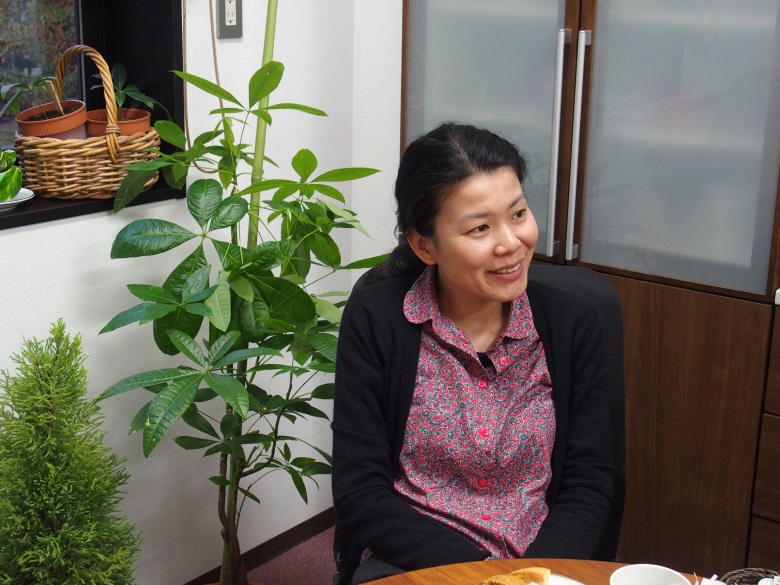
Q. What do you think would be your lifetime research theme?
I think I’ll always be working on IO – market competition, strategic interaction amongst firms – these topics are very interesting to me, but I am also developing an interest for health economics. It’s an area which is very interesting and there’s a lot remaining to be done. I am particularly interested in applying some IO tools in health research.
Q: What would you recommend to the students in Japan and young researchers, studying in the same field?
Economics as a field is getting very mathematical and specialized. So of course, if the students want to do economics, they have to get prepared for their math background. But my personal belief is that economics is a social science, and it should be applied to economic issues and aim to solve economic problems.
Q. What do you like the most about Hitotsubashi University?
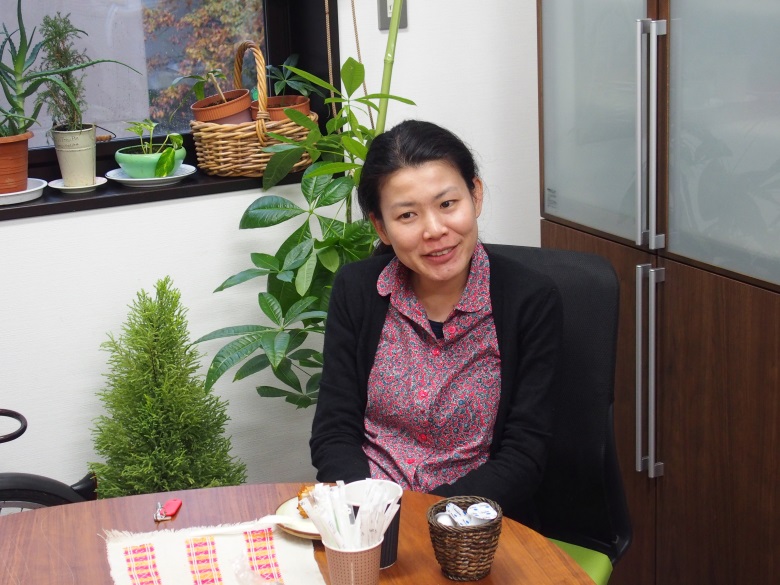
I have always enjoyed visiting Hitotsubashi University. It has an active research culture with a lot of seminars. For example, I was honored to present two seminars during my visit this time. On top of that, Hitotsubashi University has a beautiful campus. Kunitachi is a peaceful and pretty suburb as well. During my stay this time, I saw wonderful autumn colours and spectacular Christmas lightings on the University Avenue.
Q. Please let us know the similarities and differences between your university and Hitotsubashi?
They are similar in that they’re both academics and very research active. There are a lot of seminars. We also often have a lot visitors in ANU. The main difference for me is that it is more quiet around the institute. There are not many students around. In our department, we teach undergraduates with teaching rooms in the ground floor, so there are a lot of students.
Q. How do you like the CEI visiting program?
I really appreciate it. It’s really nice – it has great admin support, and everything was done very nicely.
Q. If there is a chance in the future, would you like to visit Hitotsubashi again?
Yeah, of course, I always have a very good time here.
We genuinely thank Dr. Tina Kao for her precious time and for sharing her story. There were many lessons to be learned from her research as well as her application of economics tools to answer questions on the problems of the social world. We truly wish her for the very best in her future endeavors.
Interviewed on Tuesday, November 11, by CEI staff, Akiko Ito, Cindy R. Suzuki, and Nozomi Wayama.

